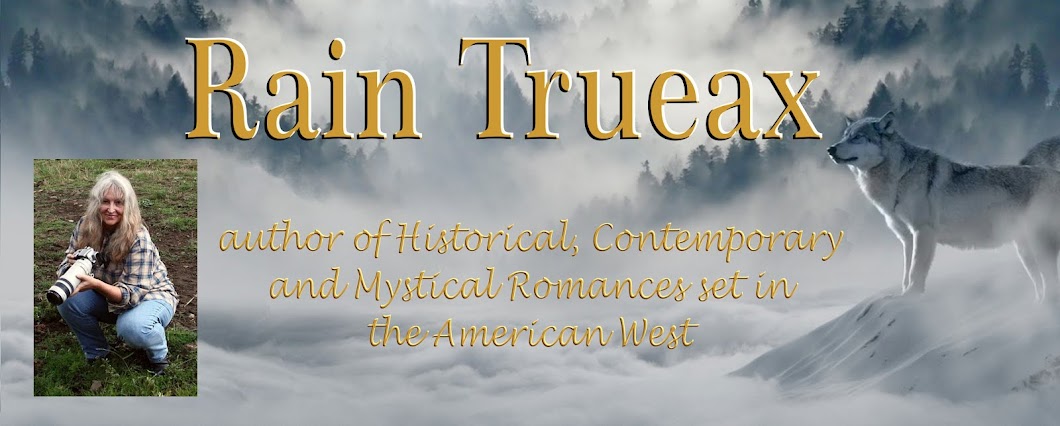photo taken at Oregon High Desert Museum, January 2013-- doesn't relate to the topic but will be a factor in the historic romance I am currently writing.
To illustrate this, I can't even use the words that are most coming to my mind because this blog is PG rated. Some of them I have never used. A few I used to never use but now once in awhile do in discussions because they have become so mainstream. I can think of one that I didn't learn its meaning until I was in college and my aunt explained it to me after a boyfriend had used it. My daughter asked to have that word explained to her when she was in second grade.
When I write dialogue for men, I know most of them use far rougher language than I give them. Sometimes I get around that by saying they cursed crudely or something that lets the reader imagine what that meant. And a lot of young women today talk that way also, and it's not the shocking thing that it was when I was a young woman.
An example of a word regarding the politically correct or incorrect, that is a good example, is squaw. That was a word which was taken for granted for years. To many people, it was just a word for American Indian women (which might should be Native American women instead of Indian but that's not a given as it varies with tribes for what they prefer. Safest is to use their tribal name if it's required in a book). Squaw though, commonly used back in the 1880s or not, I wouldn't use today in any book I wrote as it is a very offensive term regarding women-- showing total disrespect.
Throughout the west we have all kinds of geographic places with names that have had to be changed as our world became more sensitive as to how they were perceived. It's a tough one for a writer as not many people want to offend others, but writers like to use dialogue in way that seems fitting to the character.
It's something each writer has to work out for themselves. I have several swear words I do let my characters use, varying with their personalities, which I know offend some people; but I feel they are needed-- even knowing I might lose readers over them. If I used some of the rougher words, it might seem more realistic to the times and characters-- but I don't for my own sensitivity as well as that of readers.
I also run into this when I write sex scenes also and yes, I do write sex scenes. I don't want to go too graphic but I do want to make it feel like it was what happened and give the reader an enjoyable read which for me means nothing crude there either. I also avoid euphemisms used more frequently in the older romances when they first began to write about sex. This isn't because they offend me but because they make me laugh instead of think about a romantic encounter.
